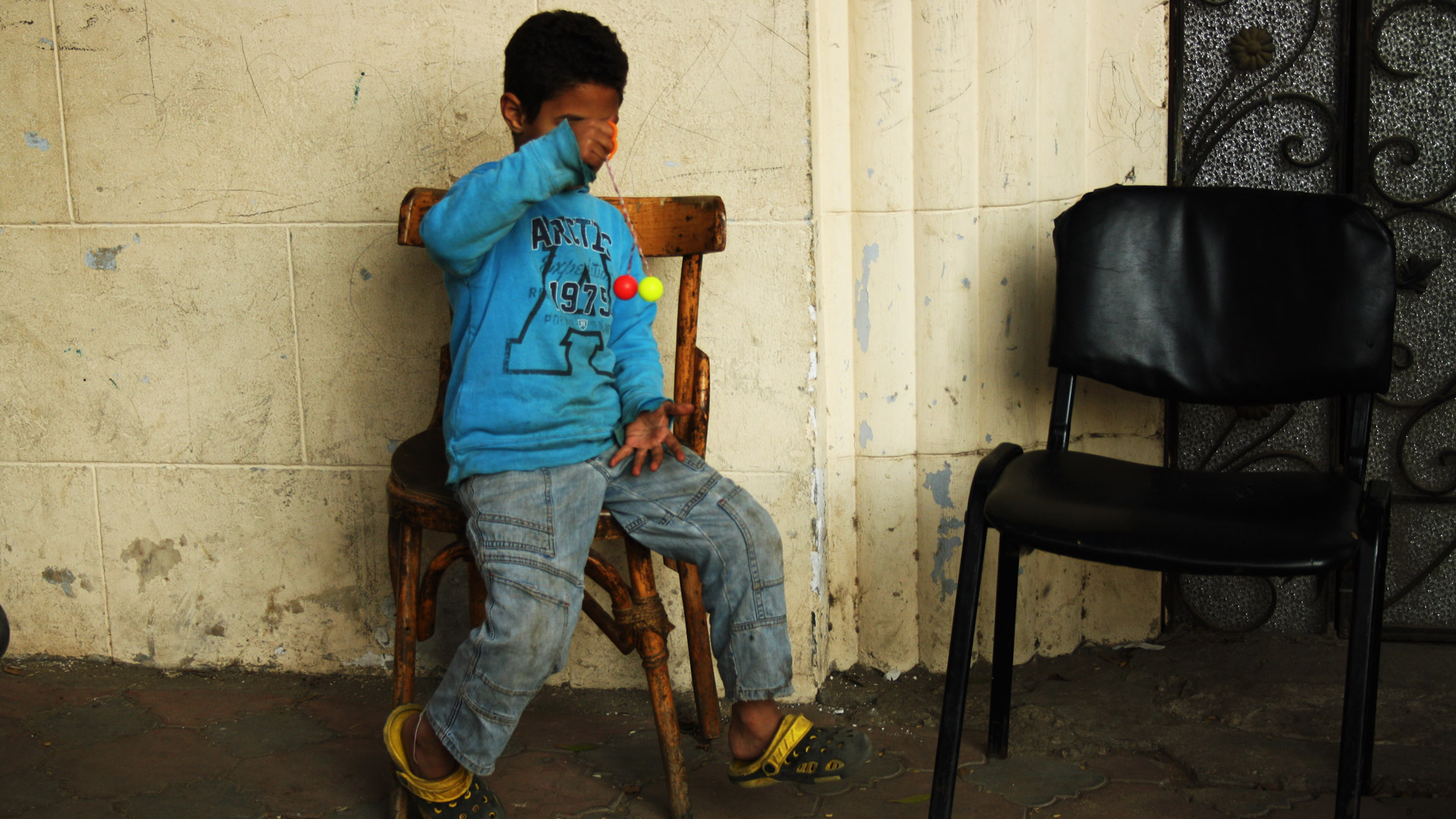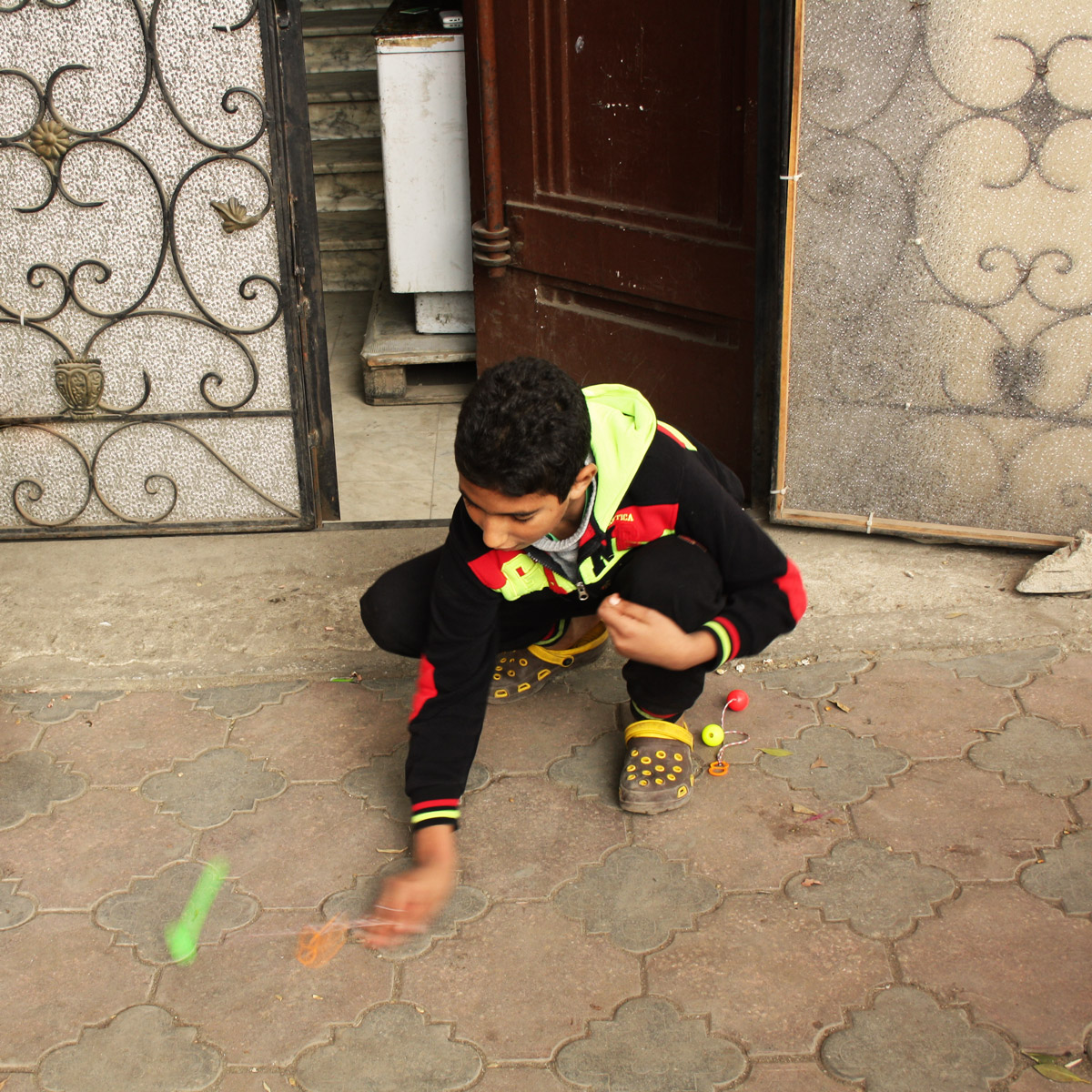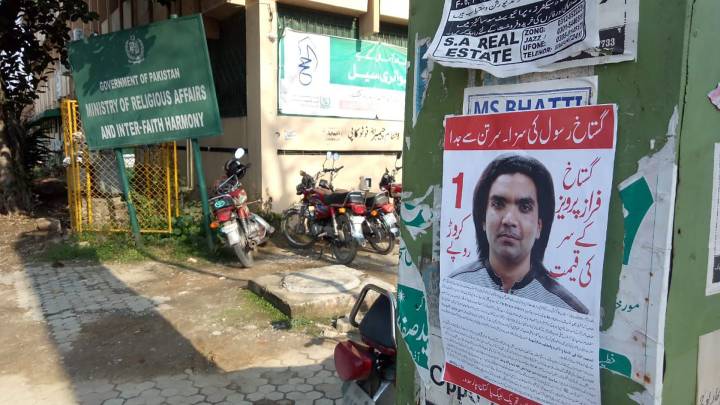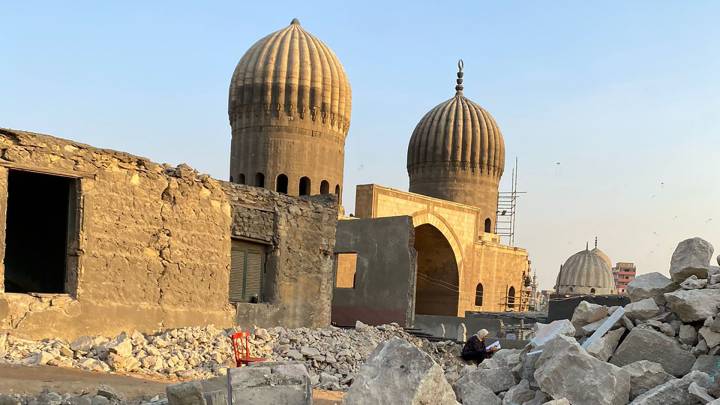A children’s game named after the president’s testicles is the latest outlet for popular dissent in Egypt.
The world outside Egypt often forgets how repressive the country has become under President Abdel Fattah el-Sisi, elected president in 2014. Under the guise of counterterrorism, abusive measures such as enforced disappearances, arbitrary detention and torture have been routinely employed by security forces. As many as 60,000 political prisoners rot in Egypt’s jails, according to activists. Civil society has been boxed in; a new law targeting NGO funding was passed in May.
Bedan el-Sisi is such a creative and untouchable way of demonstrating that doesn’t go against any of the rules Freedom of expression has been a major casualty. Cafés, galleries and other spaces have been forcibly shut down to diminish breathing room for activists and essentially ban public criticism of the regime. Independent reporting and analysis is often censored, with the total number of websites blocked in the country reaching 133 in August 2017..
On the streets of Cairo, the striking visibility of pointed rifles and uniformed bodies is a constant reminder to citizens of who controls the country. El-Sisi – whose popularity has steadily dropped over the course of his presidency – practises a kind of blatant disavowal of the truth. In an interview with a French television station in October, he made the claim that ‘there are no political prisoners in Egypt’.
But in the face of unprecedented oppression, new and creative forms of civil disobedience are emerging. Among the chaos and sounds of the city, a new rhythm in Cairo has emerged: the rattle of small objects colliding. With closer inspection, you discover the noise is coming from children playing with two plastic balls resembling coloured candy dangling from a string, as they attempt to ricochet the balls off each other to produce a lively clacking.
The game’s popularity can be accredited to a comical YouTube video in which a young boy, asked what he is playing with, shyly replies, ”Bedan el-Sisi” – ‘El-Sisi’s testicles’. The boy’s direct mockery went viral in the Arabic-speaking world, with the extensive online audience assisting in cementing the name.
Hossam Fazulla of the Association for Freedom of Thought and Expression describes the game as “collective, anonymous, inclusive and sarcastic… a fine example of the new wave of revolutionary acts taking place since the total handcuffing of public space and even cyberspace that we are experiencing now in Egypt”.
A 2013 law made protests illegal unless authorities receive a notification three days in advance, giving them the right to cancel them. “Considering the protest law of 2013, bedan el-Sisi is such a creative and untouchable way of demonstrating that doesn’t go against any of the rules. So using a toy for kids actually recreated the public space somehow,” says Fazulla.
The crackdown game
Despite El-Sisi’s attempts to destroy space for free speech, the country is now talking about his testicles. Criticism of the regime rarely goes beyond the private sphere, but the public presence of bedan el-Sisi has opened up space to speak out against the regime and has become symbolic of widespread dissatisfaction.
In other words, this bright toy swung into the public domain disguised as a harmless children’s game, but through the use of subversive language has enabled a limited exercise of freedom. As German philosopher Hannah Arendt observed, freedom – inextricably linked to the human experience – cannot be extinguished. When oppressed, it retreats into an inner realm; locked up in hearts and minds, it waits for a space to make an appearance.
This is the case in Egypt, where bedan el-Sisi, though not inherently a political act, opened up a space for dissident voices to speak and be heard in a strictly guarded public sphere. Central to the game’s success as an act of protest was its striking visibility, presented to an audience and allowing a collective discussion to take place. Now the sound of balls rattling has come to represent a language of disobedience and to symbolise public discontent.
Typical of the regime’s response to critical voices, a crackdown is already underway to eliminate the phenomenon, with a campaign launched to “challenge the negative behaviour of children, which is impacting citizens’ state of mind”. The toy has been renamed the Pendulum as authorities try to deprive it of political meaning. Teachers across the country are obliged to confiscate it from students, and at least 41 sellers of the toy have been arrested.
Yet despite relentless government efforts, until the rights and demands of the people are respected, subtle acts of defiance like bedan el-Sisi will continue to emerge. Since freedom cannot be extinguished and space can be remade, people will always find new ways of protesting.






